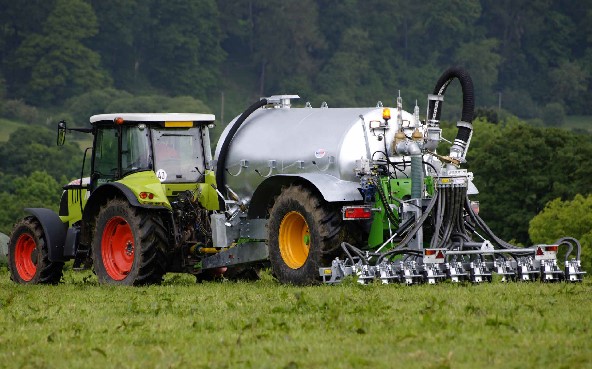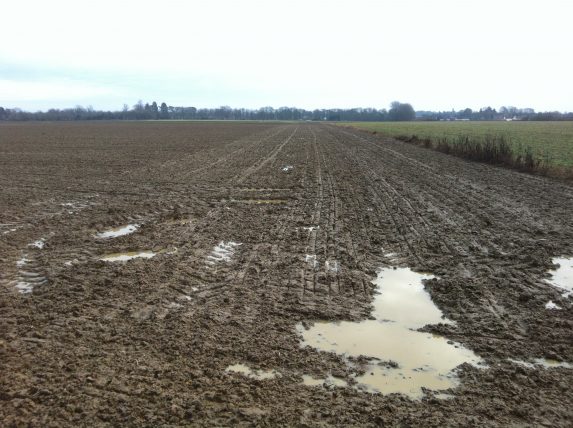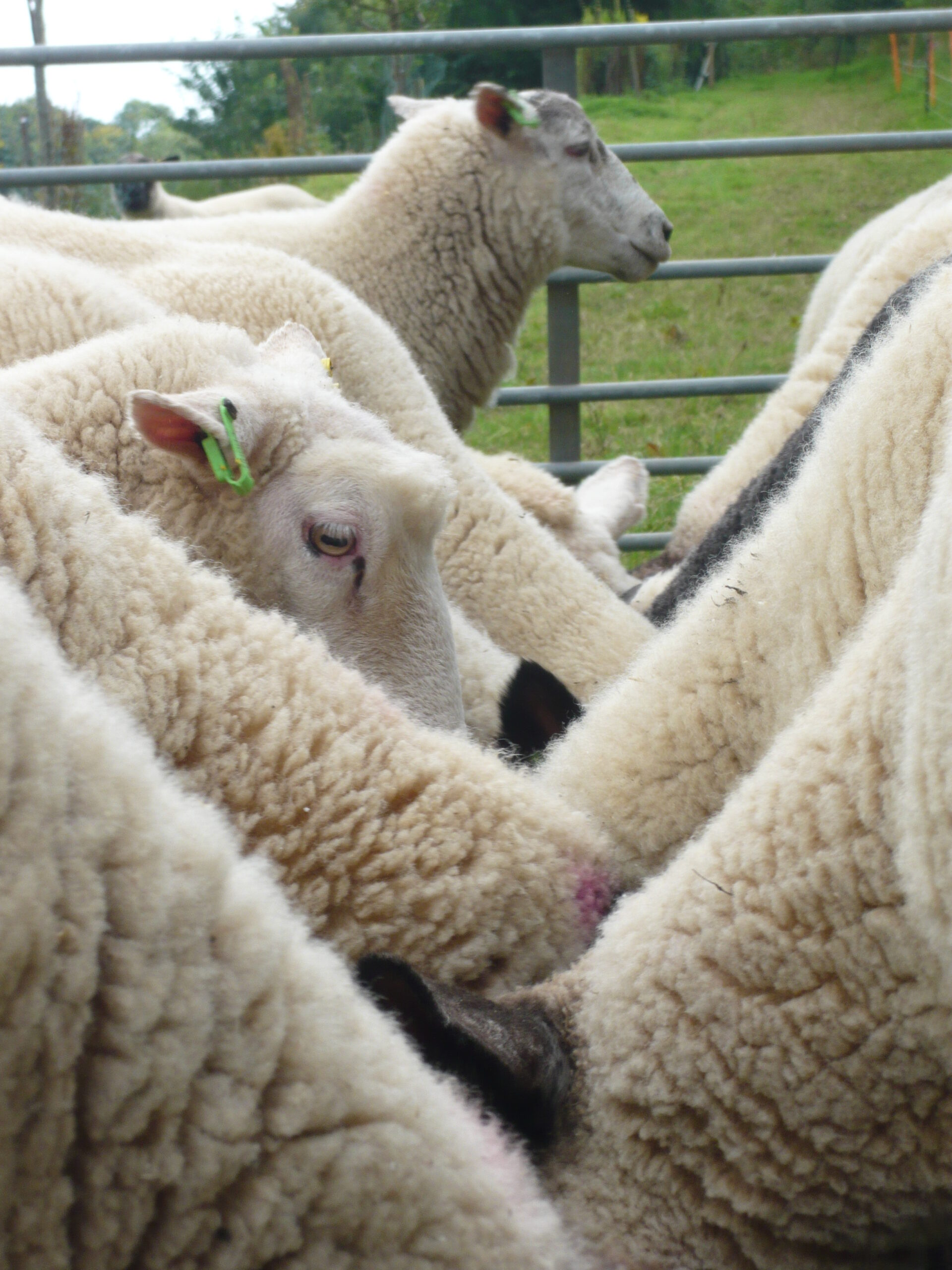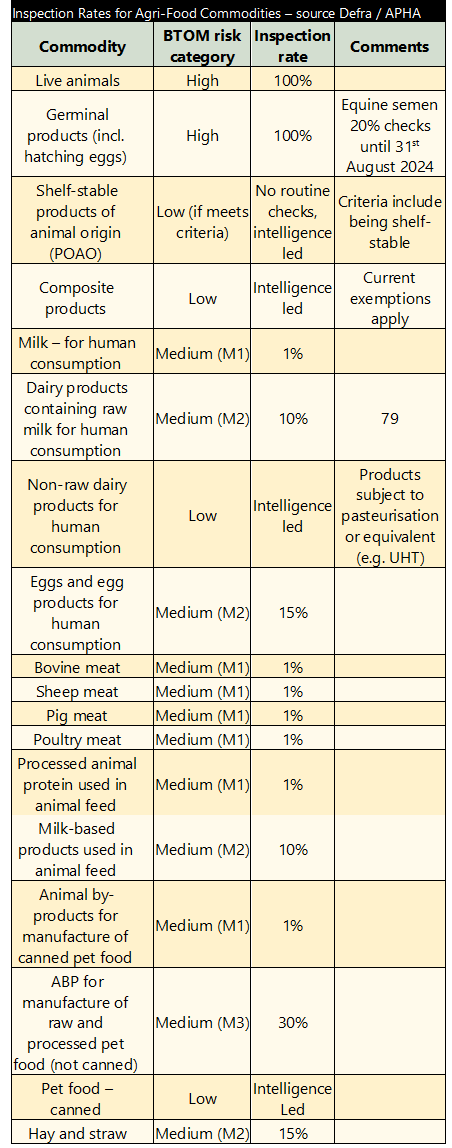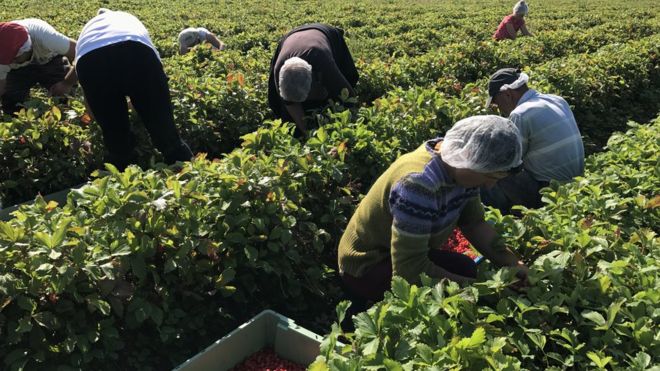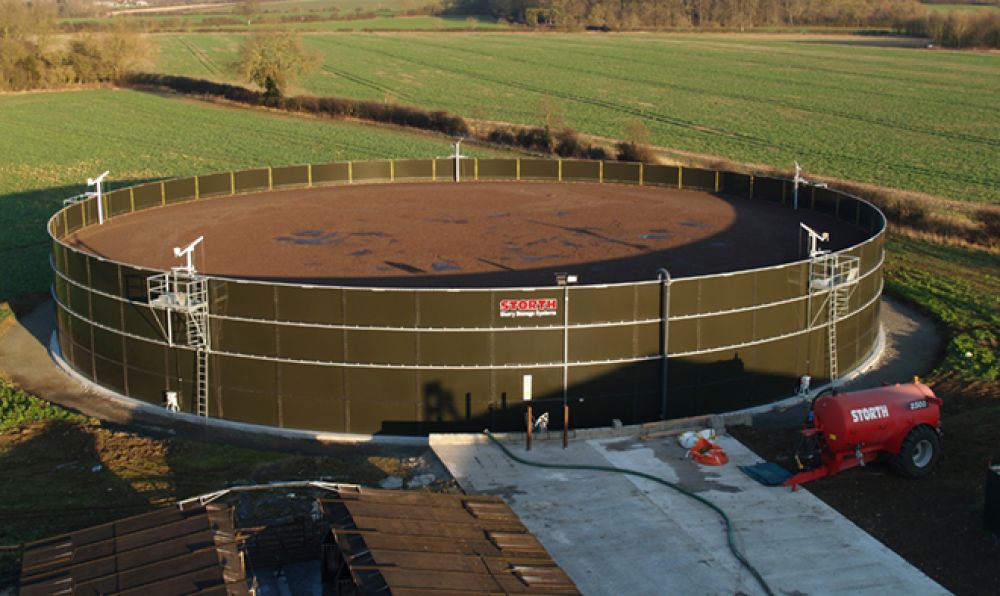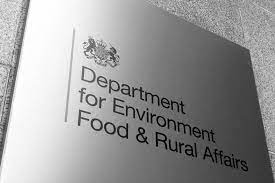Defra have published data showing the area that had been entered into each Sustainable Farming Incentive (SFI) and Countryside Stewardship (CS) action, as at 1st April 2024. The data set also shows the area in specific Entry Level and Higher-Level Stewardship Schemes, although these are being progressively wound down.
This data covers the 13,900 SFI 2023 agreements, and 3,200 SFI 2022 agreements which were live at that time. With applications open year-round, the data will always be slightly behind the true figure, but we expect to see the area trends continue upwards as agreement numbers increase. As of 29th April, 20,000 farmers had applied for an SFI agreement. A total of just 94,000 hectares is being managed under the six actions which Defra the 25% area cap on (see https://abcbooks.co.uk/sfi-cap/ ).
Of the options which run across all farming systems, 1.6 million hectares of ground is in the Soil Management Planning Standard (SAM1). For hedgerows, over 124 thousand kilometers are now being managed under SFI and CS.
For CS, there were 34,900 live agreements, up from 32,630 a year earlier.
Arable Land under Environmental Schemes
There is still 284,000 and 211,000 hectares of arable and horticultural land being managed under the SFI 2022 scheme Introductory and Intermediate offer respectively. These agreements will end in June.
Under both SFI 2023 and CS there is a significant volume of land now being cover cropped. This data is the clearest evidence yet of the volume of cover cropping taking place in the England. With payments being made on a combined total of almost 195,000 hectares. Additionally, 94,000 hectares are managed with companion cropping.
No use of insecticide (IPM4) looked set to be an attractive option for many arable farmers, and this appears to be reality, with 430k hectares due to be managed without insecticides. This is just over 10% of the English arable area.
There has been significant concern about the volume of ‘food’ production that could be lost in the England, due to the attractiveness of ‘non-productive’ options. However, the Defra data shows that relatively low levels of arable cropping has moved into such actions. Under SFI around 124,000 hectares has been placed into land use change options including the rotational legume fallow (NUM3 – 51,000 hectares). There is also a further 22,000 hectares-worth of increases in the Countryside Stewardship non-productive arable options.
That said, the data represents a snapshot in time, with continued challenges for spring drilling in parts of England there is still significant scope for more land to be placed into these options. This is likely to be legume fallow, although the area may then fall in future years as the option is rotational and area can be reduced by half.
Grassland under Environmental Schemes
The most immediately noticeable element of the grassland figures is the relatively low uptake of the scheme in the uplands. This indicates one of two things, either there were limited opportunities to carry out more than is already being delivered under ELS/HLS, or the offer did not provide enough of a financial incentive. The uplands offer will improve with the 2024 round of SFI.
There was approaching 74,000 hectares of the Moorland Assessment Plan, and just over 13,000 hectares of low input grassland in SDAs. In addition, 97,000 hectares was being managed under the 2022 scheme. There are also increases in upland and SDA related CS options, as farms look to bring in more revenue as BPS payments fall or ELS/HLS agreements come to an end. The total area of farmed LFA land in England is around 1.8m hectares.
For lowland grass, in SFI 26,000 hectares has been taken out of production (IGL1-IGL3). In terms of productive management, 101,000 hectares has been placed into low input grassland, whilst 98,000 hectares has gone into NUM2 (legumes on improved grassland).
Future increases in area for grassland actions will undoubtedly be seen, especially if farmers become more confident in managing grassland according to the prescriptions of SFI, whilst maintain or enhancing productivity.
SFI 2024
This month (May) we are expecting Defra to publish the Handbook detailing what is required under the SFI 2024 scheme. We then anticipate a phased rollout of the scheme from this summer.
The full dataset can be found at – https://www.gov.uk/government/statistics/cs-es-and-sfi-option-uptake-data-2024. This will be an annual publication, and a further update will be extended after 1st April 2025.


